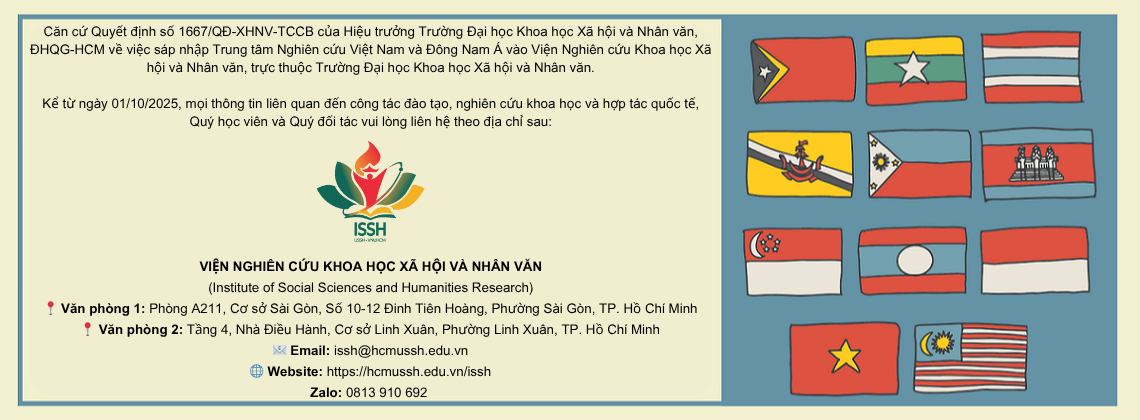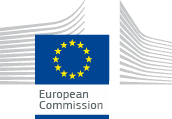UNKNOWN FACTS ABOUTS STUDYING IN THE US
, 13/01/2017 15:01The United States is a country which offers the best education in the world. Many people think that they have had a full understanding of studying in this country, but that is not really true.
American Dream – not only from Ivy League
Higher education in the USA has a long history, so it is so complex that even a lot of Americans do not know much about it. Its origin can be traced back to the early 17th century when a large number of British people emigrated to the New World, which is the United States of America nowadays. Back then, there were only two famous universities in the UK, i.e. Oxford and Cambridge, and the number of Britons with college education was very low. After immigrating to the US, they had a great demand for the establishment of colleges and universities, which laid a foundation for the birth of Harvard University – one of the best-known schools in the US. Next was the formation of Yale University, where Former President Bill Clinton studied. Then, Brown, Columbia, Dartmouth, Princeton universities and the University of Pennsylvania were founded around that period of time, creating the eminent Ivy League for the American Dream.
The Ivy League schools all are private institutions of higher education, which are also the most prestigious, oldest and richest of all colleges in the US. Although they are that rich, they still charge a high tuition rate. A bit less famous is the Ivy Plus (only after the Ivy), such as Stanford, Duke, Chicago and a few other universities. But did you know that the number of such leading schools is only about 25 out of thousands of colleges in America? It is understandable for you to have a dream of studying in those distinguished institutions, but you should not forget that there are still other good universities with more affordable tuitions in the US. “Unless you want to become the US President, which will never happen to international students of course, you should choose a college that most suits your financial situation”, said Prof. Reed Dasenbrock, former Deputy President of the University of Hawaii at Manoa.
Different types of public schools available
Public universities in the US are under the management of each state, and many of them are of good quality. Tuition fees at public schools in the US are always cheaper than those at private counterparts. There are various types of public institutions, differentiated via their names. For example, the University of Michigan is a big school in Michigan, offering many programs from undergraduate to postgraduate levels, whereas the Michigan State University may or may not offer graduate and doctoral programs and its number of degrees are also fewer. In addition, there are some so-called “directional universities”, such as Western Michigan University or Northern Michigan University, which mainly have programs to meet the demand for workforce in the localities.
Different from many countries in Europe and Asia, quite interestingly, colleges in America are usually located in small towns and in the suburbs instead of in the city centers. That is because of many historical reasons, but also due to American people’s belief, claiming that students will better concentrate on their study if they are not distracted by the hustle and bustle of the city life. Yet there are universities located right in a city’s center, which is called Urban University and often teaches programs important to that city.
According to Prof. Reed Dasenbrock, at graduate levels, schools are likely to provide more scholarships for PhD candidates than graduate ones. For doctoral training, students should carefully choose the university which offers the most suitable program for their study. Often big institutions in each state (University of -) will give you more options.
Aloha – welcome to a wonderful place for studying abroad
Aloha is used to say hello, goodbye and also refer to love in the Hawaiian language. When talking about studying in the US, many people will not think of Hawaii, the 50th state to have joined the United States of America. Even when already coming to the island located in the Pacific Ocean, many tourists and international students are sometimes still surprised with its typically Asian characteristics, from tropical climate, weather, lifestyle to foods, languages and skin colors. Asian Americans are now identified as the largest ethnic group in Hawaii. Coming next are the white, and Native Hawaiians and other Pacific Islanders account for around 10%.
Japanese people used to comprise a great proportion of the population there because of large-scale immigration in the late 19th century. Now Filipinos make up the highest percentage among Asian groups. Besides, there are people with Chinese, Korean, Vietnamese, etc. origins, creating racial diversity for the state. Accordingly, the University of Hawaii excels at Asian culture and language programs with quality among the top in the US. Prof. Reed Dasenbrock said that you can go to Seoul to explore Korea or visit Tokyo to know more about the Japanese culture, but when travelling to Hawaii, you will experience an Asian plurality in this sea-locked state.
Hawaii impresses worldwide tourists with its friendly people, clean environment, beautiful beaches and an attractive dance called hula. Also, Hawaii is a pretty safe destination, where the population enjoys the longest life expectancy in the US thanks to excellent standards of living.
Cost of living in Hawaii, especially in its capital Honolulu, is higher in comparison with that in many other US cities. It is, however, still nearly 7% lower than that in New York, and about 3.5% lower than that in San Francisco. An interesting thing shared by Prof. Reed Dasenbrock is that international students can save a considerable amount of money used for buying winter clothes thanks to cool, pleasant climate in Hawaii.
The University of Hawaii at Manoa, a Honolulu’s neighboring area, is highly valued in teaching technological, engineering and medical programs. This is an ideal school for those who are interested in astronomy, oceanography, cancer treatment, as well as Asian studies as mentioned earlier. The University of Hawaii at Manoa is among the top 50 public institutions with the biggest endowment for scientific research, according to National Science Foundation. In 2016 it was ranked 89th among US public schools by the U.S. News & World Report.
BA DAT
|
English is the key to success in studying abroad. Dr. Duong Ngoc Dung, who was the tour guide for President Obama at the Jade Emperor Pagoda, states that the biggest obstacle to international students lies in their English language ability. Internationally recognized certificates such as IELTS or TOEFL are definitely necessary, but those studying abroad also need to equip themselves with a sufficient command of academic English. Professors and textbooks all use academic language. Although they have got a high score in standardized tests, some students have to struggle for the first few months in order to catch up with their study in the US educational environment. English is also a prerequisite for group discussion for you cannot express your opinions if you do not understand what is being said. Group work, argument and debate play an important role in your study in the US. Students are closely monitored by tutors to be judged on the content, ideas, logic in reasoning and many other detailed elements. If you receive negative evaluation due to your passivity, poor command of English and communication skills, it will be very difficult for you to win a scholarship. Dr. Duong Ngoc Dung also adds that difficulties in finding accommodations or part-time jobs, etc. will be overcome through the assistance of the school, friends, and acquaintances. As for the language, however, you cannot master it overnight. A lot of Vietnamese students choose to live in a “comfort zone” with a Vietnamese community so that they can do everyday activities with Vietnamese people, from going to cafeterias, filling up cars to meeting with lawyers, which make them unable to improve their English. You should be more active in making friends with students from different countries in order to practice the language as well as other skills. |

Introduction to studying abroad in the US, held by the Center for Vietnamese and Southeast Asian Studies
Dr. Tran Dinh Lam gives opening remarks at the event.














